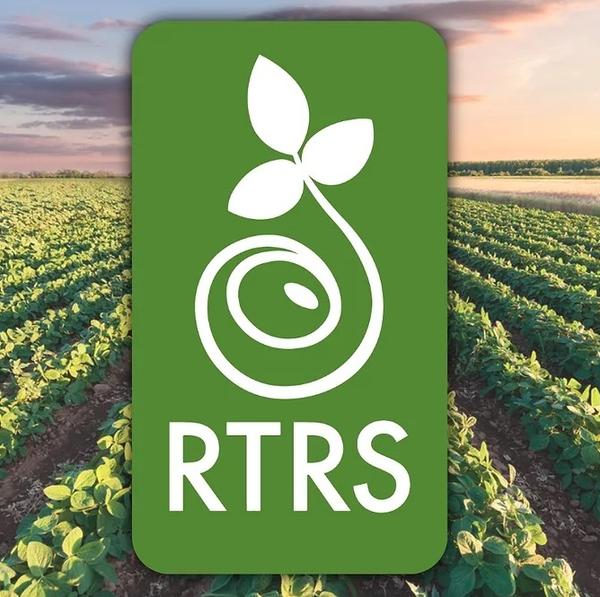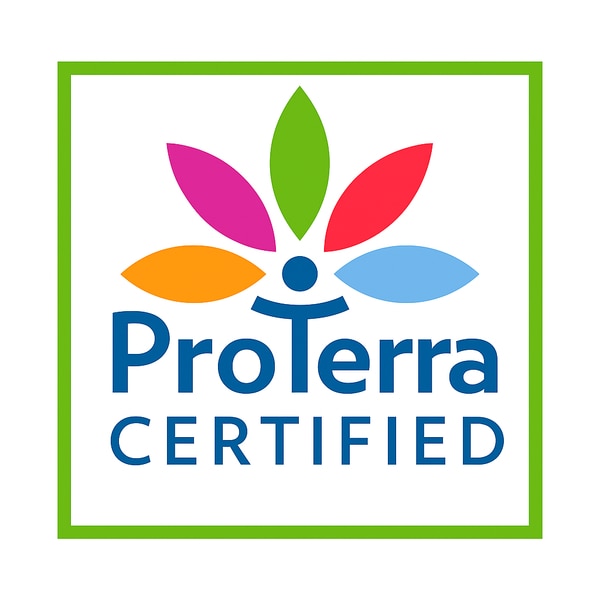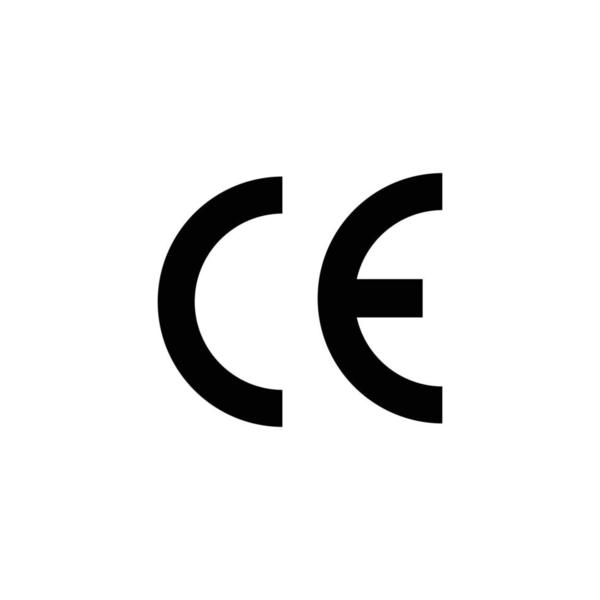Promoting Responsible Soy Cultivation with RTRS Certification By Shark Certification Pvt. Ltd., Indore At Shark Certification Pvt. Ltd., we are committed to advancing responsible agricultural practices through globally recognized certifications. Our RTRS (Round Table on Responsible Soy) Certification services are designed to support soy and corn producers, processors, and supply chain partners in aligning with sustainable and ethical production standards. What is RTRS Certification? The RTRS Certification is an international standard promoting environmentally sound, socially responsible, and economically viable soy production. It is a voluntary initiative that brings together stakeholders from across the soy and corn value chains to ensure sustainability, respect for local communities, and protection of ecosystems. RTRS also meets the sustainability criteria of the European Renewable Energy Directive, adding further value for companies operating globally. Key Objectives of RTRS Encourage sustainable and responsible soy production and trade practices Support inclusive decision-making through stakeholder engagement Promote biodiversity conservation and environmental protection Uphold labor rights and respect for local land ownership Ensure economic viability and positive impact on local communities Benefits of RTRS Certification for Your Business Strengthened Supply Chain Credibility: Show your stakeholders that your soy products come from responsible and traceable sources Access to Global Markets: Align with international sustainability standards and meet the expectations of environmentally conscious consumers Support for Sustainable Development: Help reduce deforestation and encourage economic growth in soy-producing regions Compliance with International Regulations: Meet the sustainability criteria of key regulatory frameworks such as the EU Renewable Energy Directive RTRS Production Standard Highlights The RTRS Production Standard covers a wide range of criteria to ensure ethical and sustainable soy cultivation. Key focus areas include: Protection of biodiversity and high conservation value areas Soil health and responsible pesticide use Water management and preservation Fair treatment of workers and respect for indigenous communities Responsible land use and legal land ownership Improvement of local infrastructure and community well-being Who Can Get Certified? RTRS Certification is open to: Small and large-scale soy producers Processing and trading companies in the soy supply chain Organizations using soy in food, feed, and biofuel products Smaller producers can benefit from group certification models, which make the process more cost-effective and accessible. How to Become RTRS Certified with Shark Certification Pvt. Ltd. Shark Certification Pvt. Ltd. offers end-to-end support for RTRS certification, from preparation to final audit. The process includes: Initial Consultation – Understanding your business needs and identifying the applicable RTRS standards Pre-Audit Readiness Check – Helping your team align documentation and practices with RTRS criteria Stakeholder Consultation – A two-week public consultation phase before the main audit On-Site Audit – Conducted by our trained and accredited auditors Certification Decision – Based on full compliance with RTRS standards Why Choose Shark Certification Pvt. Ltd.? Based in Indore, Shark Certification Pvt. Ltd. brings a strong reputation for transparent, credible, and globally aligned certification services. With deep industry knowledge and experience in sustainable agriculture, we are the right partner to guide your organization toward RTRS compliance. Our expert auditors are trained in various sustainability frameworks, making it easy for you to combine RTRS with other certifications such as: ProTerra Certification ISCC PLUS & EU Bonsucro & RSPO Food Safety & Non-GMO Compliance Programs Take the Lead in Sustainable Soy Production Becoming RTRS certified is more than a certification—it's a commitment to a better future for the planet and its people. Whether you're a producer, processor, or trader, Shark Certification Pvt. Ltd. is here to help you demonstrate your values, build consumer trust, and meet global sustainability expectations. Reach out today to start your RTRS certification journey with Shark Certification Pvt. Ltd., your trusted sustainability partner in Indore.



